Audit Quality
Invitation to Comment on Enhancing Audit Quality in the Public Interest
Audit Quality is at the heart of the International Auditing and Assurance Standards Board (IAASB)’s work as the global auditing standard setter. Therefore, the IAASB released its Invitation to Comment, Enhancing Audit Quality in the Public Interest: A Focus on Professional Scepticism, Quality Control and Group Audits (the ITC) . This ITC highlights the board’s discussions in these three topic areas and indicates potential standard-setting activities that could enhance audit quality.
The IAASB released a companion document, Overview of the ITC, which summarises the key areas the IAASB is exploring and the direction it may take.
The IAASB’s Framework for Audit Quality, issued in 2014, explains the important role of auditors and their firms – as well as other stakeholders – in audit quality, and the contextual factors that affect it. It is an important reference document for this consultation.
ISCA takes a leading role in advocating the views and proposals of the audit community in Singapore. ISCA would hence like to seek views from key stakeholders in Singapore on the above.
The ITC on Enhancing Audit Quality is targeted at:
- Firms
- Regulators and audit oversight bodies
- National auditing standard setters
- Public sector organisations
- Professional accountancy organisations
- Others with an interest in the technical aspects of our standards
The Overview of the ITC is targeted at:
- Financial statement users
- Preparers
- Audit committees
- Organisations representing these groups
ISCA requires all comments to be submitted to technical@isca.org.sg by 29 February 2016.
Please click here for the ITC on Enhancing Audit Quality.
Please click here for the Overview of the ITC.
Framework for Audit Quality
In February 2014, the International Auditing and Assurance Standards Board (IAASB) issued its publication, A Framework for Audit Quality: Key Elements That Create an Environment for Audit Quality (Framework), which describes in a holistic manner the different elements that create the environment which maximises the likelihood that quality audits are performed on a consistent basis.
The responsibility for performing quality audits of financial statements rests primarily with auditors. However, audit quality is best achieved in an environment where there is support from, and appropriate interactions among, participants in the financial reporting supply chain.
The objectives of the Framework include:
- Raising awareness of the key elements of audit quality
- Encouraging key stakeholders to explore ways to improve audit quality
- Facilitating greater dialogue between key stakeholders on the topic
The Framework describes the inputs, processes and outputs factors that contribute to audit quality at the engagement, audit firm and national levels, for financial statement audits. The Framework also demonstrates the importance of appropriate interactions among stakeholders and the importance of various contextual factors.
The Framework applies to audits of all entities regardless of their size, nature and complexity. It also applies to all audit firms regardless of size. The Framework is non-authoritative. It is not a substitute for standards of quality control, nor does it establish additional standards or provide procedural requirements for the performance of audit engagements.
The Framework can be depicted as follows:
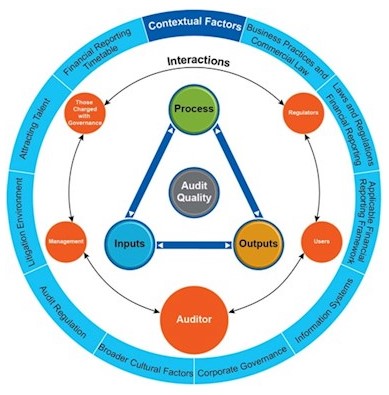
Inputs
Quality audits involve auditors:
- Exhibiting appropriate values, ethics and attitudes
- Being sufficiently knowledgeable, skilled and experienced and having sufficient time allocated to them to perform the audit work
Outputs
Quality audits result in outputs that are useful and timely. They are described in relation to the entire financial reporting supply chain and include outputs from the auditor, the audit firm, the entity and the audit regulators. Outputs include reports and information that are formally prepared and presented by one party to another, as well as outputs that arise from the auditing process that are generally not visible to those outside the organisation being audited.
Process
Quality audits involve auditors applying a rigorous audit process and quality control procedures that comply with laws, regulations and applicable standards.
Interactions
Each stakeholder plays an important role supporting high-quality financial reporting and the way in which they interact may affect audit quality. Increased interaction is promoted.
Contextual Factors
Collectively, the contextual factors have the potential to impact the nature and quality of financial reporting and, directly or indirectly, audit quality. Such factors include amongst others, laws and regulations and corporate governance.
ISCA's Initiatives

ISCA Comment Letter in Response to IAASB Invitation to Comment
The comment letter incorporated views solicited from various stakeholder groups via platforms such as focus groups and public consultation. Generally, our key stakeholders were of the opinion that introducing more rules within the auditing standards would not be necessary as the existing standards are sufficiently robust. Audit professionals should be left to exercise their judgement when designing audit procedures and determining what constitutes sufficient appropriate audit evidence. Notwithstanding the above, the stakeholders welcome more practical guidance materials from the IAASB on the three topics in the ITC.

ISCA has published several articles surrounding the topic of audit quality, including a publication that gathers from stakeholders the different perspectives on what constitutes audit quality. The IAASB says that audit quality is a complex subject and there is no definition or analysis of it that has achieved universal recognition. In the publication, management, auditors and regulators shared their views on audit quality and how they can, in their respective roles, improve the quality of audit.

ISCA Comment Letter in Response to IAASB Consultation Paper
The response letter incorporated views solicited from various stakeholder groups via platforms such as focus groups and public consultation. Useful inputs were also received and observations made through various programmes and events. Views expressed were varied and some even thought-provoking. The letter raised several points for the IAASB's consideration, including the need for a forward-looking Framework.

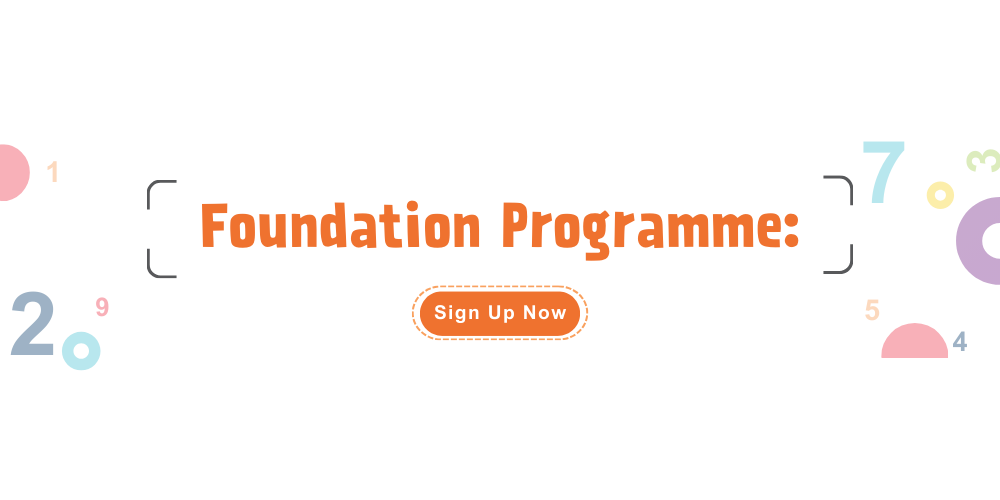
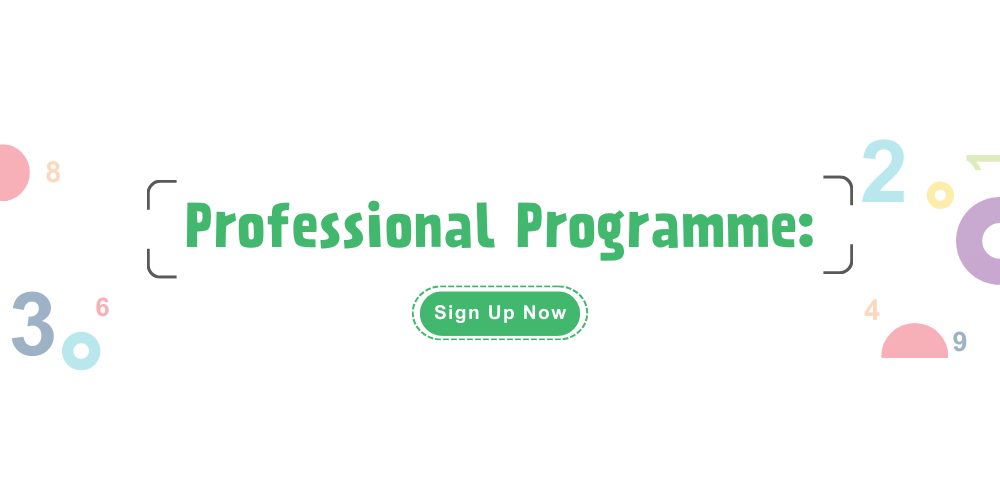
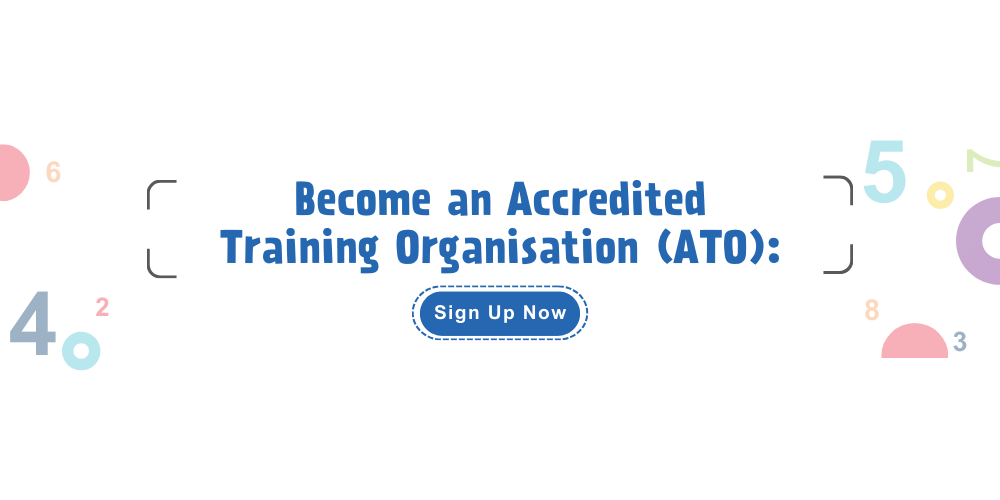

.png?sfvrsn=dd675fd5_2)


6a6c7fe2013f4be3b0ecc0a5930da5c9.jpg?sfvrsn=ab5334c8_0)

/business-management-global-connection/istock-1167579720-c.jpg?sfvrsn=ff93f9a5_2)
/audit-assurance/istock-1169206203-c.jpg?sfvrsn=1d6f9b25_6)

/ethics-and-professionalism/istock-1141115724-c.jpg?sfvrsn=4e54d691_2)
/business-management-global-connection/istock-1079974636-c.jpg?sfvrsn=e9fea23b_2)
/audit-assurance/istock-818732836-c-v3.jpg?sfvrsn=ae44e7b7_0)
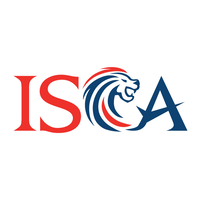
.png?sfvrsn=905ee1bd_0)
/legal-secretarial/istock-866706340-c.jpg?sfvrsn=d7f57b8c_2)